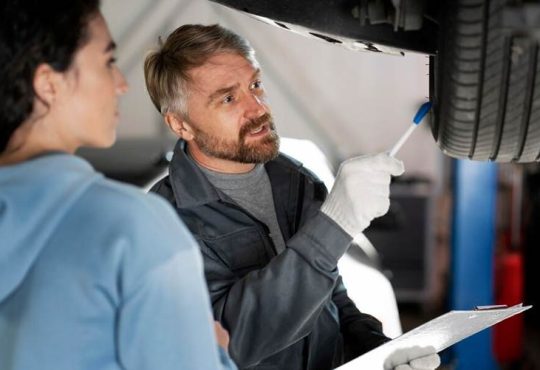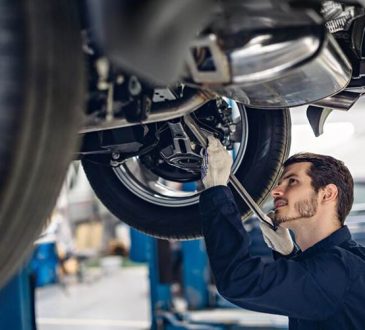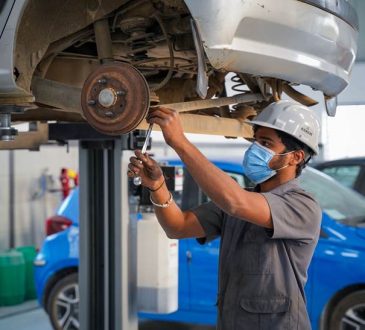7 Eco-Friendly Diesel Practices That Drive Fuel Efficiency

Simple Habits for Cleaner, More Cost-Effective Driving
Diesel engines are known for their power, durability, and fuel economy. But with growing awareness of environmental concerns, even diesel vehicle owners are seeking ways to reduce emissions and operate more efficiently. Fortunately, there are several eco-conscious habits and practices that not only lessen environmental impact but also extend engine life and improve fuel economy.
Here are seven eco-friendly diesel practices every driver should consider:
1. Stay on Top of Routine Maintenance
Keeping your diesel engine in peak condition is one of the most effective ways to improve fuel efficiency and reduce harmful emissions. Neglected filters, outdated oil, or worn-out parts can force your engine to work harder, wasting fuel in the process.
Schedule regular oil changes, replace fuel and air filters as recommended, and inspect belts, hoses, and cooling systems. A well-maintained engine burns cleaner, consumes less fuel, and lasts longer. Trusting a diesel repair technician ensures these tasks are done right, preserving both performance and sustainability.
2. Upgrade to Synthetic Oil
Traditional motor oil breaks down more quickly under high temperatures and heavy loads—both common in diesel applications. Switching to synthetic oil can enhance engine lubrication, reduce friction, and boost fuel efficiency. Synthetic oils also tend to last longer, which means fewer oil changes and less waste over time.
This small upgrade results in smoother operation and better performance, all while helping to minimize your carbon footprint.
3. Use Eco-Friendly Fuel Additives
Eco-conscious fuel additives can improve combustion efficiency and reduce particulate matter emissions. These additives clean injectors, prevent gunk buildup, and help your engine run more smoothly.
Using the right diesel fuel treatment improves mileage, lowers emissions, and prolongs injector life. Be sure to choose EPA-approved additives that align with your specific engine type and climate conditions.
4. Avoid Unnecessary Idling
Idling for extended periods is a fuel-wasting habit that also contributes to air pollution. While older diesel engines required a bit more warm-up time, modern diesel vehicles are designed to reach operating temperature quickly.
If you’re stopped for more than a minute or two, consider shutting off the engine. Not only will this conserve fuel and reduce emissions, but it will also save wear on your engine over time. Implementing anti-idling habits is one of the easiest ways to embrace greener diesel driving.
5. Keep Your Tires Properly Inflated
Underinflated tires increase rolling resistance, forcing your engine to use more fuel. Keeping tires inflated to the recommended PSI ensures smoother rides, improved traction, and better fuel economy.
Make it a habit to check your tire pressure at least once a month and before any long trip. This simple act helps save on fuel and minimizes premature tire wear—a win for both your wallet and the planet.
6. Lighten the Load
Every extra pound your vehicle carries requires more fuel to move. If you’re hauling tools, equipment, or other heavy materials you don’t need daily, remove them from your truck bed or cargo area.
Also, consider investing in lightweight, aerodynamic accessories when upgrading racks or storage systems. Reducing unnecessary weight and wind resistance is a smart way to improve your truck’s fuel economy and reduce your emissions output.
7. Drive Smarter, Not Harder
Aggressive driving habits like rapid acceleration, hard braking, and speeding can reduce fuel economy significantly. Smooth, steady driving keeps your engine in an optimal efficiency range.
Use cruise control on highways, anticipate stops, and avoid jackrabbit starts. By practicing eco-friendly driving techniques, you’ll burn less fuel and decrease wear on your vehicle’s most vital components.
Being an environmentally responsible diesel driver doesn’t mean sacrificing performance. With a few mindful habits and proactive upgrades, you can reduce your emissions, improve your fuel economy, and prolong the life of your diesel vehicle. Many of these practices also lead to fewer repairs and lower operating costs—making them both eco-conscious and wallet-friendly.
If you’re unsure where to start, consult a diesel technician who specializes in performance and sustainability. They can recommend targeted strategies tailored to your engine, usage, and local climate conditions.
Eco-friendly diesel ownership is more than possible—it’s practical. By adopting these seven habits, you’re not just helping your engine; you’re helping the environment, one mile at a time.









